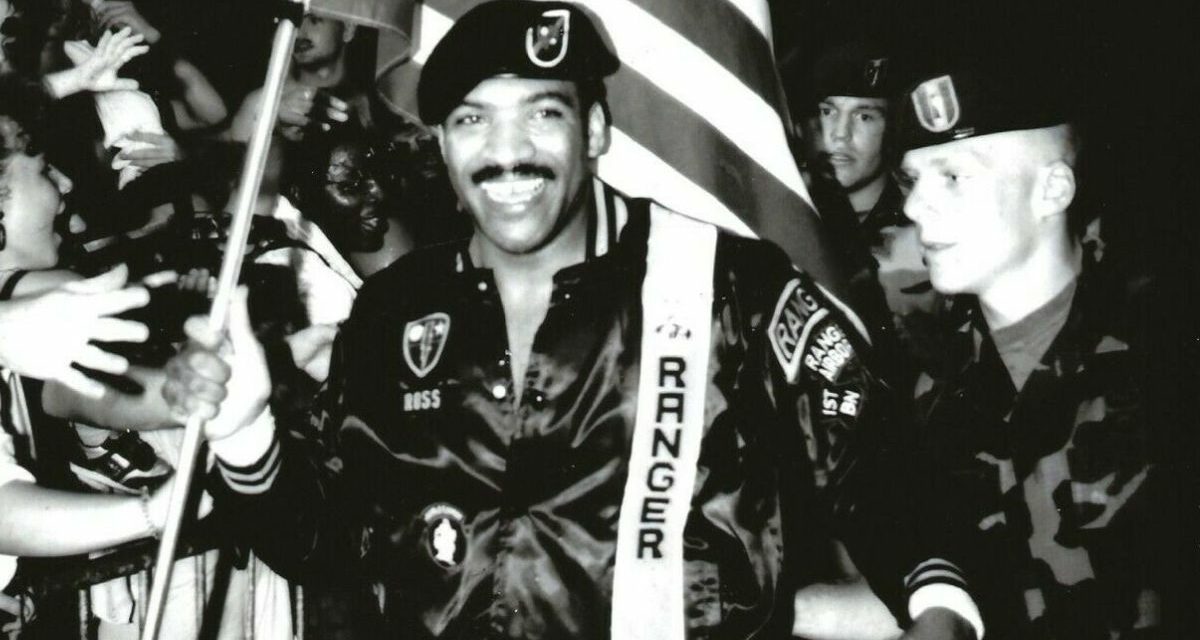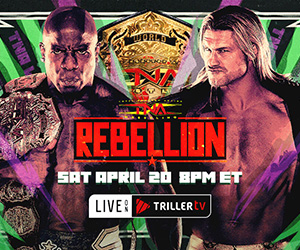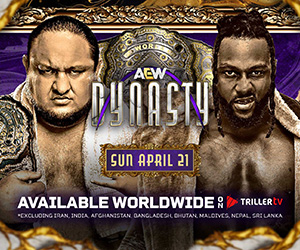The life of Robert Lee Ross Jr. has been full of danger, triumphs, wins, losses, daring and mistakes. A high would being featured on national television as patriotic hero Ranger Ross. A low was eight years in prison for a string of robberies.
The way he tells it, Ross’ tale is akin to the story of Jonah in the Bible, where God asked Jonah to speak to the people of Nineveh, and Jonah said no.
Picking up the story, Ross drops into preacher-mode:
Jonah got on a ship and went to Tasha, the other direction. And then when God started making the waves come up and people on the ship said, “Somebody got God mad, who is this?” Jonah said it’s me. He says, “Y’all throw me overboard, y’all can go on your way.” At first, they didn’t want to throw him overboard so they kept trying to row and get it. They said, “Look, we’re going to have to throw you overboard.” So they threw him overboard. But God didn’t want him to die. God prepared a fish, a whale, and it swallowed him up, and it saved his life. And when he was in the belly of the whale, he said, “God, if you let me out, I’ll go do what you told me to do.” And that was the same with me, when I was in prison. I said, “God, if you let me out, I’ll go do what you told me to do.” So Jonah, and me, our story is just the same.
It’s an analogy, but it works for Ross. “I was in the belly of the whale. And that’s where I needed [to be],” Ross told SlamWrestling.net. “Listen, God will meet you where you’re at. Wherever you go, God is there. And so when I was in prison, God was there with me. And he prepared that jail to get my mind right. It took all of that to make all of this. Everything that I went through makes me who I am today. So good, bad or indifferent, you are where you are because of what you’ve been through. Everything you went through in your life makes you who you are.”
Ross was born Robert Lee Ross, Jr. in Acworth, Georgia. He went to North Cobb High School, graduating in 1977.
“I wanted to be a professional wrestler but when I graduated from high school, I only weighed 143 pounds. And during that time, there were no 143-pound professional wrestler like they are now. I needed to go in the military to gain some weight, get some experience,” explained Ross.
He became an Army Ranger, and served for two four-year stints, with the 1st 75th Ranger Battalion at Hunter Army Airfield in Savannah, Georgia.
“When I was in the Army, everybody’s first name was ‘Ranger.’ They said you don’t have a name — your name is ‘Ranger.’ So when I come home now, that’s even what my mother calls me. That’s my name now,” Ross told Mike Mooneyham in 1989.
While in the Army, Ross competed as a Greco-Roman wrestler, and had his sights set on a spot on the US Olympic team for the 1980 Olympic Games in Moscow, which the US ended up boycotting. “Amateur; you win some, you lose some. So I didn’t keep no record back then,” he chuckled.
Being a pro wrestler was always in the back of his mind.
In 1985, things lined up and Ross got a chance.
“I was in the army and I was stationed in Savannah, GA., and they had a pro wrestling match there at the Savannah Civic Center,” recalled Ross. At the matches, he spotted Pistol Pez Whatley watching the matches, and gathered the nerve to approach him. “I talked to him and told him I wanted to get into wrestling. I had been in army for seven years at this time, and I wanted to wrestle. He told me about Thunderbolt Patterson was gonna start a wrestling school in Atlanta. He told me how to get in contact with him.”
Ross drove to meet Patterson, who agreed to train him.
“I took my vacation, I took 30 days leave in the army, came up and trained with Thunderbolt Patterson,” said Ross. “And I had to make a decision whether I was going to get out or stay in because, you have to understand, now I’ve got eight years in; that’s in the army. And so after going to training with Thunderbolt, I decided I was going to get out and pursue my professional wrestling career.”
Ross was approaching the end of his second enlistment, so he turned in his paperwork and was honorably discharged. “Then came back and trained some more with Thunderbolt and then started wrestling professionally,” he said. “I was in the best shape of my life.” At his peak, Ross was 5’ 10″ and 234 pounds.
Asked to compare Army Ranger training to pro wrestling drew a laugh from Ross. “Let me tell you something, regular army training is one thing; the Army Ranger training, that’s a whole different ballgame,” he said. “Professional wrestling is nowhere close to being Army Ranger Training.”
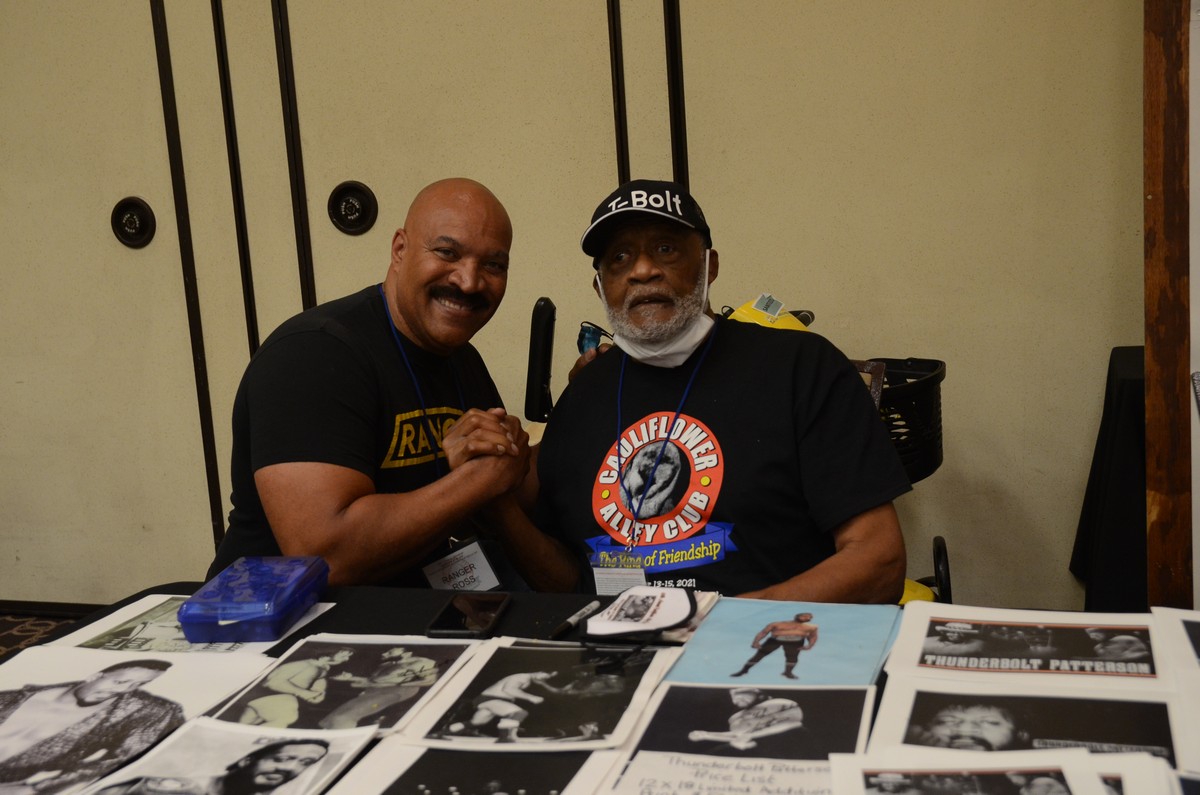
Ranger Ross and Thunderbolt Patterson at the Gold Coast Hotel & Casino in Las Vegas, Nevada, Tuesday, September 14, 2021. Photo by Brad McFarlin
He started out with “The Assassin” Jody Hamilton, with Deep South Championship Wrestling out of Georgia.
“I wrestled for him for about two years. And then I went and I started with Jerry Blackwell at Southern Championship Wrestling, for about a year,” said Ross. “I was trying to transition over to Mid-South with Cowboy Bill Watts, but they shut down by the time I was ready to go over there. And then I ended up going to WCW.”
WCW had just been sold from Jim Crockett to Ted Turner. “I came in right during the transition,” noted Ross.
Ross’ gimmick is exactly what you would expect: His ring gear was a beret and a jacket emblazoned with “Ranger,” and carrying an American flag. It was pro-military, pro-American that gave him an automatic babyface look.
“The first few months were good because George Scott was the booker. And then after that they fired George Scott and they came up with a booking committee, which was the worst thing in the world they could have ever done. It was hard,” admitted Ross.
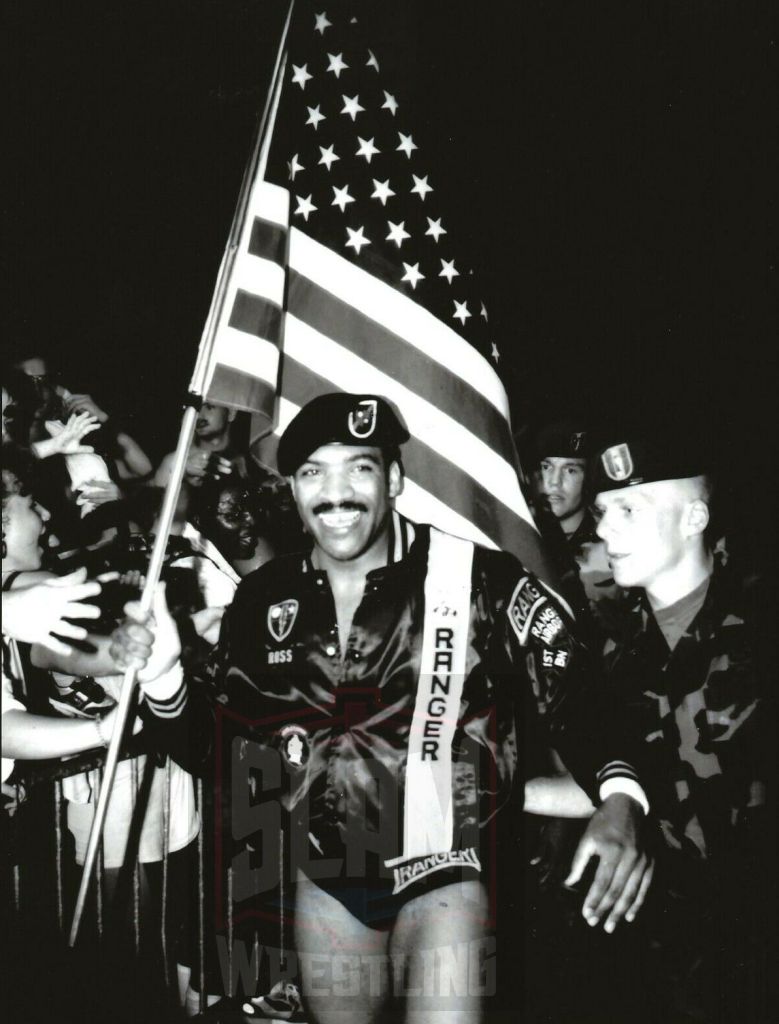
Ranger Ross heads to the ring in WCW. Photo by Cliff Ketcheson
He is not shy about talking about the messed up booking committee in WCW.
“I still got my boxers in a bundle over that one. Because I was on a path, a good path, what they brought me in and they told me what was going to happen, what they was going to do. And it was going that direction,” Ross began. “Here’s the problem with the booking committee; they had all of these people on there, half of them were still wrestling, and they was more interested in getting themselves over, instead of doing business that was good for the company. So they was more interested in promoting themselves. And that’s why I don’t think that anybody that’s the booker should be working for that reason. And then they did some shady stuff, especially with me. My persona, my gimmick as a Ranger is not made up. It’s legitimate. It’s a legitimate thing. And they didn’t really grasp that.”
His voice rising, Ross shares another story.
“I was wrestling The Iron Sheik in the Omni in Atlanta, my hometown … They said, This is what we’re going to do, we’re going to want you to go out and Rip Morgan was like his manager or something, and they hit me with the thing, laid me out in the ring, and he takes the Iranian flag and put it over me. I’m thinking that’s gonna generate a lot of heat,” Ross said. “I’m like, ‘Okay, well, this is good.’ That was on a Sunday. On a Monday, we were at Center Stage where we do the TV taping and the Iron Sheik comes out to do an interview and he goes, ‘I want Sting, where’s Sting?’ And he’s talking about Sting and all this, I’m like, ‘Why is he talking about Sting, we just got this thing going?’ So they flipped it around that fast, left that as it was, put him with Sting, Sting beat him in like two minutes.”
That was a signal to Ross that any sort of push was unlikely. He was on a one-year contract.
“After my contract ran out, they extended it. And then I left. I went to Japan, come back from Japan. Then I worked at Mid Atlantic, and then they called me back to WCW. So I came back to WCW for another year,” he explained.
The Ranger Ross character was a natural to go to schools and community centers. In the 1989 interview with Mooneyham, Ross explained his message: “I tell kids to believe in themselves, set a goal and strive for that goal … if you don’t have a goal in life, you might as well just lay down and die.” Ross had already been working with a church in Acworth, and took kids on wilderness walks.
He continued with Mooneyham:
Just say no to drugs. I don’t mess with drugs and I’ve never used steroids. I think you can make it with what God gave you. Steroids have been around for a long time, but the problem wasn’t really publicized and people didn’t really know about it. Now that they’ve done a lot of research and found out the harmful effects, I think people are becoming more educated about the dangers. To the guy who uses steroids, I said, “You might die big, but I’m gonna die strong and healthy.”
Ross pitched a rebranded character upon his return. “I came up with this rap gimmick one time. I went and paid more money and recorded a rap song,” he said. “I gave it to a couple of the managers, let them listen to it. They liked it. And I told them, I wanted to do it, because they wasn’t using the Ranger gimmick the way they should. And I would rather not betray the Army Rangers, if you’re not going to give it the due respect that it needs. So I wanted to transition over to this rap thing, because rap was getting pretty popular at this time. So they liked it. And then they didn’t use it. And then they brought this kid in, PN News. … they brought him in to to do a rap thing that I had gave them an idea for. And the thing was, he wasn’t black!”
There was a lawsuit brought upon WCW by many of the company’s African-American performers, and Ross was part of the suit.
“That just some of the things that was going on. And then the blacks wasn’t getting paid as much as the whites. Our contracts wasn’t nowhere near what they were making,” Ross said.
Perspective has helped. “I’m not bitter about it. It happened. We went through it. I moved on. The only difference between bitter and better is the letter ‘I.’ I will not be the one that every time I speak about wrestling it’s like I’ve got a bitter taste in my mouth. It’s not that.”
The problems with the booking committee and WCW’s treatment of African-American talent pale in comparison to his real-life issues post-wrestling.
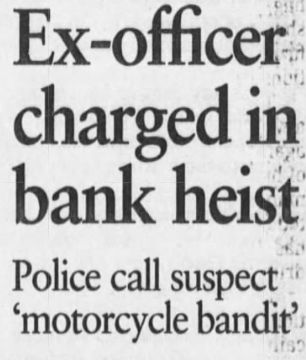
On February 10, 1996, Ross turned himself in to the FBI. He was the notorious “Motorcycle Bandit” having committed a few robberies in an around Acworth, Georgia, including banks and a grocery store, and then racing away on his motorcycle.
The Atlanta Constitution on February 12, 1996 had the details:
A former Acworth probation officer has been charged with being the notorious “motorcycle bandit” who roared away on a Honda after hitting local banks, and he may be implicated in a recent arson at the Police Department, police said Sunday.
Robert Lee Ross Jr., 36, of 6309 Picketts Way, surrendered Saturday to the FBI after the latest robbery Friday morning at the Etowah Bank in downtown Acworth, police said. The motorcycle, a 1978 Honda CB550, and the bandit’s clothing — dark helmet, Army jacket, boots and pants, along with $3,000 from the robbery — helped lead them to his identity, police said.
On Sunday, Police Chief Randy Henson said Ross not only is believed to be the motorcycle bandit but is also a suspected arsonist who was allegedly trying to cover up embezzlement of city funds.
Ross had been a part-time city probation officer for more than two years, responsible for collecting fines and probation fees for the city. Last November, his contract with the city was terminated and turned over to a private probation company after officials discovered that several thousand dollars were missing from the office, Henson said.
On Jan. 22, an explosion and fire rocked the Acworth Police Department. While there was extensive damage, none of the probation records was damaged, Henson. During their investigation of Ross, police confiscated material that could have been used to start the fire, the chief said, but he declined to elaborate.
Ross was well-known in the Acworth area, where he grew up. He served as a U.S. Army Ranger and had been a semi-pro wrestler.
“Everybody around here considered him a friend,” Henson said. “We were pretty flabbergasted when we found out about the robberies.”
The career of the motorcycle bandit had been successful for at least three years but fell apart Friday when a Bartow County deputy sheriff spotted a suspect coming out of some woods off Tanyard Creed Road near the Cobb line. There they found the suspected bandit’s cache.
Ross is being held on one federal bank robbery charge while GBI and FBI agents decide whether to press state or federal arson charges, Henson said.
The motorcycle bandit hit the Etowah Bank and Ingle’s Grocery on Bartow Road, both in December. Premier Bank (formerly Allatoona Bank) on Ross Road had been robbed three times in three years.
Ross isn’t shy about detailing his problems, and shares his message, speaking to church congregations and to kids.
He sees his role now as that of a gardener of sorts, telling people about the Bible and the messages it contains.
“My job as a minister is to put it out there. I plant a seed,” he concluded. “Somebody else might come along and water it, but God’s gonna get the increase. My job is just to plant the seed.”
— with files from Greg Oliver
